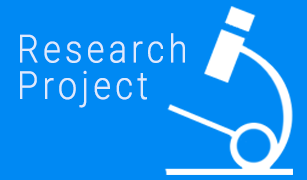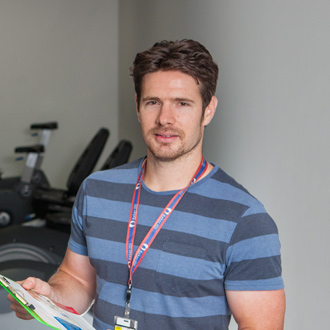About the Physical Activity laboratory
The Physical Activity laboratory is concerned with the primary prevention of chronic diseases, specifically diabetes, heart disease and cancer. Our research deals with:
- The health consequences of physical inactivity and sedentary behaviours
- The measurement and analysis of environmental, social and personal-level determinants of behavioral risk factors (e.g. television viewing, desk- and screen-bound work) and lack of physical activity.
The goal of our program is to contribute unique insights relevant to public health policy. We aim to identify environmental and social innovations that can increase physical activity and reduce sitting time.
The laboratory is building comprehensive scientific links between epidemiological evidence; clinical/experimental investigations; behavioural intervention trials on changing sitting time in real-world settings; and large-scale population studies of environment/behaviour relationships in key target settings such as workplaces and more recently, schools. This integration aims to provide much-needed evidence to inform new policy directions in public health in order to reduce Australia's disease burden from excessive sedentary time and physical inactivity.
Why focus on sitting time?
The ultimate goal of our program is to contribute unique insights relevant to public health policy. We aim to identify environmental and social innovations that can increase physical activity and reduce sitting time.
We build comprehensive scientific links between epidemiological evidence; clinical/experimental investigations; behavioural intervention trials on changing sitting time in real-world settings; and large-scale population studies of environment/behaviour relationships in key target settings such as workplaces and more recently, schools.
This integration aims to provide much-needed evidence to inform new policy directions in public health to reduce Australia's disease burden from excessive sedentary time and physical inactivity.
Research focus
The program of studies on physical activity, sedentary behaviour and health conducted by the Physical Activity laboratory includes:
- Cross-sectional and prospective epidemiologic observational studies.
- Measurement development studies using state-of-the-art accelerometer and inclinometer devices.
- Studies on the multiple levels of influence on physical activity and sedentary behaviour, focused on understanding environmental determinants.
- Field-based intervention trials on the feasibility and outcomes of changing physical activity and sedentary behaviour.
- The ongoing refinement of conceptual models to integrate the evidence and explain multiple levels of influence on physical activity and sedentary behaviour.
- Addressing research-translation implications.
- Informing clinical practice and public health policy.








